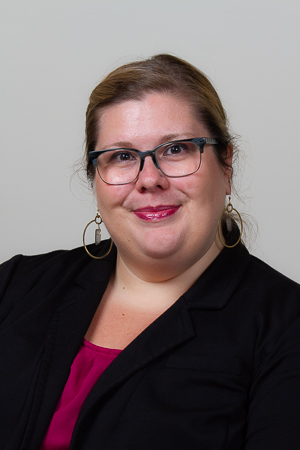Faculty Profile
Jodie Vann
Assistant Professor of Religion (2018)Contact Information
on sabbatical 2025-26
East College
717-245-1053
Bio
Prof. Vann's current research examines the "spiritual, but not religious" trend through ethnographic research at key sites of spiritual tourism: Sedona, Arizona; Glastonbury, England; Mt. Shasta, California; and Yucatan, Mexico. She is currently working on projects related to how these sites (and others like them) function--historically and today--as places where spirituality is defined as it is practiced. More broadly, she is interested in the intersections of religion (and non-religion) with politics, pop culture, and social change. Her work generally engages with marginalized communities and those practicing their religious identities outside of traditional church structures--such as contemporary Pagans, British Hare Krishnas, American Druids, and self-proclaimed "eco-warrior hippies". In all cases, she is driven by a deep curiosity to understand how people create meaningful lives in a quickly shifting cultural context. On campus, she hosts the annual Holy Terrors event, which features a film screening and discussion of religion and horror. She is also involved with various sustainability efforts, including annual support of the Sustainability Expo through student projects.
Education
- B.A., University of Oregon, 2007
- M.A., Florida State University, 2011
- Ph.D., Arizona State University, 2018
